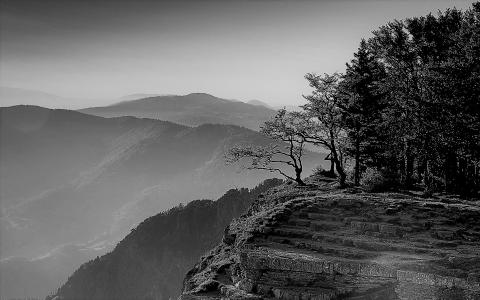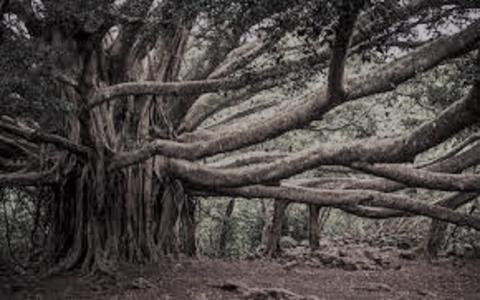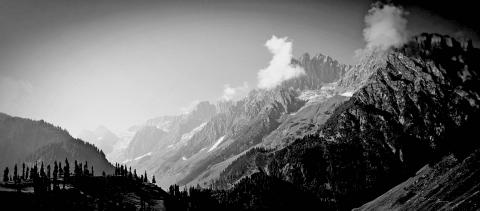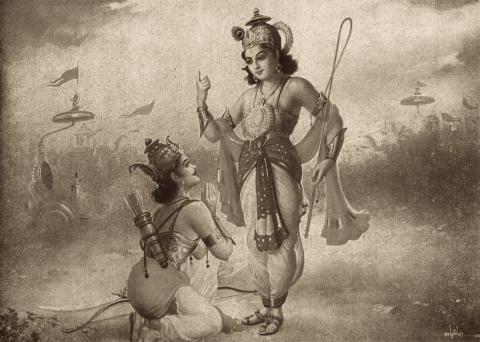
About the relationship between husband and wife
In recent days, a school of political thought known as socialism is making a lot of commotion. Taking birth among the industrial workers of Europe, it might have been inevitable there. With the strong tendency in India to imitate others, a few people insisting that this system be implemented here have become powerful. One of the cardinal principles of that school of thought is that of universal...

Now, with the advent of democracy, our lives are full of constant turmoil. The king reigned over a kingdom that was subject to rule by a single ruler. Democracy, on the other hand, has many leaders. It is difficult to achieve consensus with multiple leaders - more so about wealth and its distribution. So, what is theoretically thought to be a multi-leader system practically results in anarchy. A few are vocal for agriculture; others swear by...

But then, what is the use of lamenting over that? There is another side to this topic. We see this kind of admixture only among the rarefied urban population. Those who are wealthy or in prestigious positions or in seats of power are into mixed relationships for many reasons. These are the urban nouveau riche. If we leave them aside and look at populations of tribesmen and categories of poor people, we see resistance to the idea of this...

Having now reflected upon the steps to attain the right level of eligibility, let us think once again about the four problems due to changing times.
1) The deterioration of the system of the four varṇas
The chief among the cardinal teachings of the Bhagavadgītā is to be established in one’s own dharma. One’s own dharma is determined by the four-fold varṇa system. Brāhmāna, kṣatriya, vaiṣya, śūdra - are all different varṇas. Their dharmas are...

What about the jñānī? He too has to perform karma but instructing him is not necessary. He performs karma without any guidance. Karma is imperative as long as the body exists. Life in the physical plane implies contact with the world. Even the most knowledgeable cannot escape it. If that is the case, what is so unique about a jñānī’s knowledge? The answer is that a jñānī’s karma does not result in individual results for him. It was mentioned...

Let us now remember and discuss these in some detail.
1) The pre-eminence of the self: The ātmā (self) is the essence of all beings. Whenever man thinks, "I","me", the referent of the "I" is the jīva. Both the jīva and its support and instrument - the body with sense organs and the mind - are referred to as the ātmā. The ātmā marked by an association with the body-sheath is known as the jīvātmā. In principle, the ātmā is distinct from the...

The Gītā is not a treatise with a limited outlook for one set of people. It is beneficial to the entire humankind. We firmly believe that the principles taught by the Gītā ought to be honoured by people of all countries, whatever stage they may be in. Their lives too would benefit from an application of the teachings of the Gītā. This treatise is for all humankind. This was not born only for the brāhmaṇas or the country of Bhārata. If it is said...

Section 20 / Conclusion
We had a second look at the Gītā. What did we gain for our own use?
Whatever be the śāstra or art that we set out to learn, there are two approaches towards its study. The first one is a theoretical approach - marked by reasoning and reaching an intellectual conclusion. The second is a practical approach - the experimental realisation of the subject of study. Just as we need both feet to walk, we need both theory and...

2. Universal self-hood (Atmaupamya): is the perfection of knowledge; its ripe fruit. Intellectual conviction is achieved via reflection upon the śāstras and refined by life’s training. This conviction is then transformed into experience through contemplation. Such a knower sees himself everywhere. He looks upon the world with the same affection as a mother would her children. All lives are his own. Just as a mother’s life mingles with her...

How can there be adharma for one established in the origin of dharma? For such a person, there is no other object or being than Brahma. Whence pāpa for him? The ocean wipes out the many colours, tastes, and characteristics of the waters of the rivers that meet it - merging them all together into an indivisible oneness. The ocean of Brahma similarly extinguishes the individual characteristics of those who take refuge in it, transforming them into...
